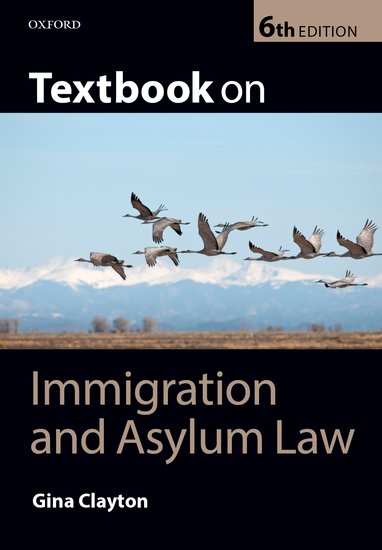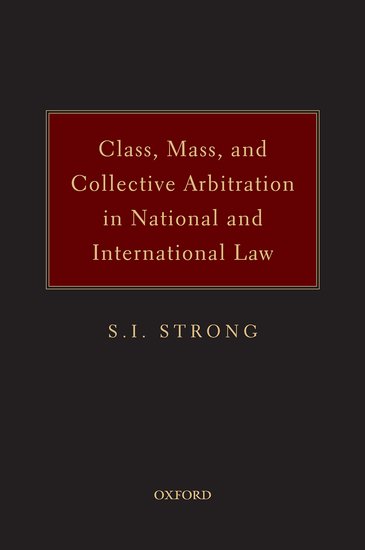Scoring independent film music
Ever wondered what goes into scoring film music? Is the music written during filming? Or is it all added after the film is finished? Regular OUPblog contributor Scott Huntington recently spoke with film composer Joe Kraemer about his compositional process, providing an inside look at what it’s like to score music for an independent film.







